Of all the major film studios, Universal Pictures, founded in 1912, is the oldest. In 2004, Universal Studios merged with NBC becoming NBCUniversal, which was acquired by Comcast in 2009. Having long focused on mass appeal films, many of Universal’s most classic films came from collaborations with director Steven Spielberg and included Jaws, E.T., Jurassic Park, and Schindler’s List.
Because of that focus on mass appeal, perhaps it is not surprising that it was not until the 1990s that any LGBT content whatsoever began to appear in Universal films. The 1991 adaptation of Fried Green Tomatoes removed much of the source novel’s lesbian content, though the 1994 comedic drama Reality Bites did feature a prominent gay character.
Universal’s other inclusive films have also been a mixture of highs and lows, and include To Wong Foo, Thanks for Everything! Julie Newmar (1995), Mulholland Drive (2001), I Now Pronounce You Chuck and Larry (2007), Bruno (2009), Scott Pilgrim vs. The World (2010), Kick- Ass 2 (2013) and Riddick (2013).
In 2015, Universal Pictures released 21 films, of which 4 included appearances by LGBT people, amounting to 19%. Two of these films passed the Vito Russo Test.
LEGEND
Widest theatrical release: 107 theaters
Tom Hardy stars as twin British gangsters Ronnie and Reggie Kray in this period drama inspired by the true story of their takeover of 1960s London. Ronnie is a paranoid schizophrenic who glories in the violence of the gangster lifestyle, and whose actions inadvertently bring about the downfall of the brothers’ criminal empire after he and boyfriend “Mad” Teddy Smith arrange for an incompetent wannabe gangster to kill the brothers’ business manager. At one point in the film, the brothers also blackmail a closeted member of Parliament, who was a regular attendee at orgies held by Ronnie, as part of their plan to be acquitted of murder charges. The orientation of the real-life Ronnie has not been consistently identified, as he described himself as gay and bisexual at different times. For the purposes of this report, GLAAD has counted Ronnie as a gay character, as that is what the film asserts. Notably for the time, his relationship with Teddy is also widely accepted by everyone except the brothers’ rivals, whose use of anti-gay slurs is positioned as only one more reason for audiences to dislike the group. Many Hollywood films have long linked mental illness and LGBT identities, but Legend makes it clear that Ronnie’s schizophrenia and hyper-violent personality are not tied to his sexual orientation.
![Universal-Pitch-Perfect-2-IMDb-f64 | GLAAD]() PITCH PERFECT 2
PITCH PERFECT 2
Widest theatrical release: 3660 theaters
Out Barden Bella singer Cynthia Rose returned in the sequel to the 2012 comedy about college a capella groups. Pitch Perfect 2 picks up three years later, as the Bellas are about to graduate and are determined to salvage their damaged reputations by winning the World Championships. Cynthia Rose’s story is largely limited to the group; but at the film’s end, she mentions that she is now engaged and has plans to move to Maine after graduation. Rosie O’Donnell makes a brief cameo as herself. There is a needless joke between the tournament commentators about “ladyboys in the Philippines,” demonstrating that while some films are doing better at including gay characters, there are still transphobic jokes making it to the screen.
![Universal-Sisters-EPK-9e9 | GLAAD]() SISTERS
SISTERS
Widest theatrical release: 2962 theaters
The Tina Fey and Amy Poehler-starring comedy Sisters was written by out Saturday Night Live writer Paula Pell and loosely based on her relationship with her own sister, making it even more disappointing that the film’s lesbian side characters fell into outdated tropes. Kate McKinnon appears as Sam, a high school friend of the sisters, who attends the blowout bash with her wife, Craig, and their softball team friends. Though none of the scenes were outright defamatory, Sisters can be added to the list of comedies that include LGBT characters only in service of jokes rooted in shallow stereotypes. Had Sisters hewed more closely to Pell’s real story, the film could have also had a leading lesbian character, which remains incredibly rare, particularly in comedy.
![Universal-Ted-2-IMDb-180 | GLAAD]() TED 2
TED 2
Widest theatrical release: 3448 theaters
Director/writer Seth MacFarlane has never been particularly thoughtful when it comes to the representation of minorities in his work. With Ted 2 though, he has included some of his most defamatory and cruel transphobic jokes. In one scene, Ted borrows John’s laptop and finds pornography featuring trans women. He yells at John, “You sick bastard. Look at this, ‘chicks with dicks’! […] There are no chicks with dicks, Johnny, only guys with tits.” John yells back that he has a disease, needs help, and it’s a “relief to finally be caught.” The two smash John’s laptop with a hammer and throw the pieces in the Boston Harbor out of fear someone would see the porn in his web browser history. First, this offensive language dehumanizes transgender women – reducing their lived experience as women to being “guys with tits.” Furthermore, this particular scene fetishizes transgender women, while shaming anyone who may be attracted to a trans person. As the majority of Americans continue to learn about trans people through what they see in the media, this type of defamatory “humor” directly correlates to the disproportionately high levels of hate violence that affects transgender women. The scene easily could have been removed without any bearing on the plot. This film – like most of MacFarlane’s work – is designed to appeal to his idea of what straight cisgender males find humorous, but he needs to learn that appealing to one audience does not have to mean insulting and alienating others.
Ted 2 also included the return of minor gay character Guy and introduced his new boyfriend Rick. The two exist more for comic relief than story. Out comedian Kate McKinnon also appeared as herself in a brief Saturday Night Live clip.
TRAINWRECK
Widest theatrical release: 3171 theaters
Comedian Amy Schumer wrote and starred in this comedy about a woman falling in love for the first time. In the film’s latter half, while Schumer’s character is listing off reasons her boyfriend should not want to be with her, she says she has been with many men and asks how many women he has slept with. He says three, and she replies “Me too! I’ve slept with three women too.” While this led to some outlets describing her character as bisexual, the line is treated more as a throwaway joke than a real indication of her romantic feelings so GLAAD did not count the character in its final tally.

Focus Features was established in 2002 when USA Films, Universal Focus, and Good Machine combined into a single company. Focus Features produces and distributes its own features, in addition to distributing foreign films, establishing an impressive track record of critically acclaimed and popular LGBT-inclusive films which include The Kids Are All Right (2010), Pariah (2011), and Milk (2008). Its most commercially successful LGBT-inclusive release to date is the 2006 Academy Award-winning drama Brokeback Mountain, adapted from the Annie Proulx novel about the romantic relationship between two men in 1960s Wyoming. In 2013, it released another prominent Oscar-nominated LGBT-inclusive film, Dallas Buyers Club, which tells the story of a homophobic cowboy who contracts HIV and begins importing and selling unapproved medication to the LGBT community. In his venture, he meets Rayon, a trans woman also afflicted by the disease, to whom he eventually grows close.
![Focus-Features-5-Flights-Up-IMDb-1fa | GLAAD]() 5 FLIGHTS UP
5 FLIGHTS UP
Widest theatrical release: 94 theaters
This drama follows a senior couple over a chaotic weekend, during which they debate selling the Brooklyn apartment they’ve shared for 40 years. A lesbian couple visits during the open house and makes an offer that the couple considers after reading a letter detailing the women’s’ struggles to adopt over the last six years. The elder couple recognizes similarities between what the women have gone through and their own experience getting married decades ago as an interracial couple. Though the women only had two minutes of screen time, it was nevertheless a positive moment of inclusion.
![Focus-Features-The-Danish-Girl-IMDb-e44 | GLAAD]() THE DANISH GIRL
THE DANISH GIRL
Widest theatrical release: 440 theaters
Inspired by the novel The Danish Girl, a fictionalized portrait of the painter Lili Elbe and her wife Gerda, this GLAAD Media Award-nominated film follows their relationship as it evolves after Lili’s transition. As one of the first people who sought access to medical transition in the early part of the 20th century, Elbe faced many obstacles. The film also includes Henry, a minor gay character who strikes up an eventual friendship with Lili. It should be noted that The Danish Girl likely brought trans issues to an audience that may not be watching other trans-inclusive entertainment that skews younger like Sense8 and Orange Is the New Black, as the opening weekend numbers revealed that the majority of viewers were over the age of 40.
![Focus-Features-A-Little-Chaos-IMDb-da0 | GLAAD]() A LITTLE CHAOS
A LITTLE CHAOS
Widest theatrical release: 87 theaters
This period drama about the female contractor hired by King Louis XIV to design and build an element of the gardens of Versailles included two minor gay characters, the King’s ineffectual brother Duke Philippe d’Orleans and his aide/ lover. Philippe’s wife is aware of the relationship between the men and is accepting of it, though there is obvious tension between her and the Marquis. The characters were neither good nor bad, instead serving no real purpose. This lack of substance remains standard for the majority of LGBT characters.
MAPS TO THE STARS
Widest theatrical release: 66 theaters
Director David Cronenberg’s attempt at a satirical drama about the dark and twisted private lives of celebrities features Julianne Moore as washed-up actress Havana Segrand. Havana, who is in therapy for abuse suffered at the hands of her actress mother, is obsessed with the idea of re-launching her career by reprising her mother’s star-making role in a remake of her film. At one point, Havana engages in a threesome with a male producer and another woman in an effort to get on the producer’s good side, and has a hallucination that the woman turns into her mother. She runs out, and when the man asks what happened, she replies, “I’m sorry, I just got uncomfortable. I guess I’m a lousy d*ke.” Given that this threesome seems to be more situational or transactional than representative of genuine interest, GLAAD did not count Havana as a bisexual character in its final tally.

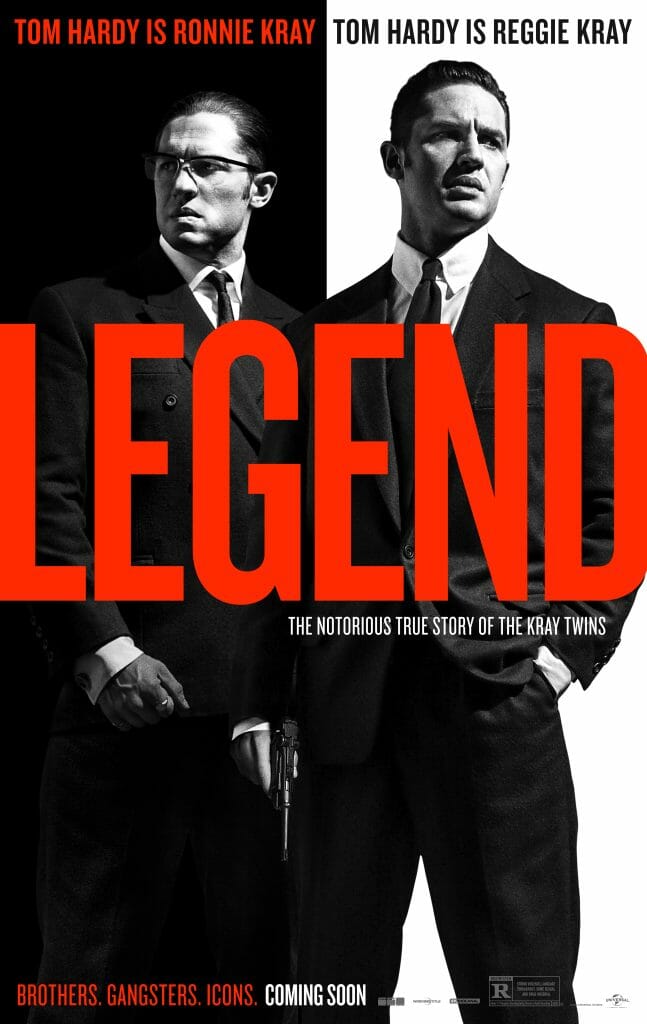
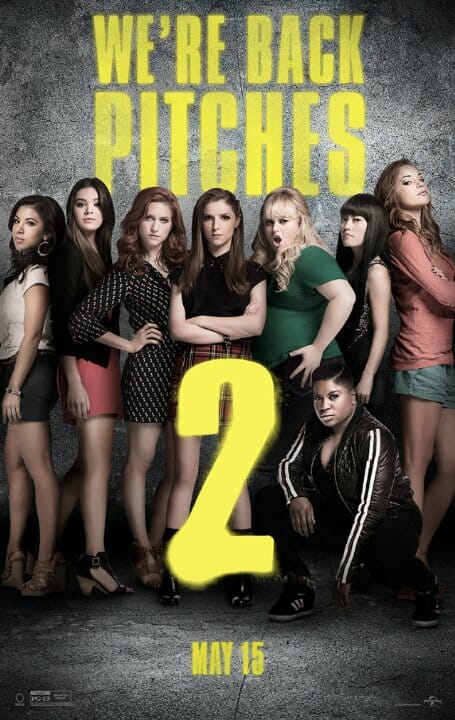 PITCH PERFECT 2
PITCH PERFECT 2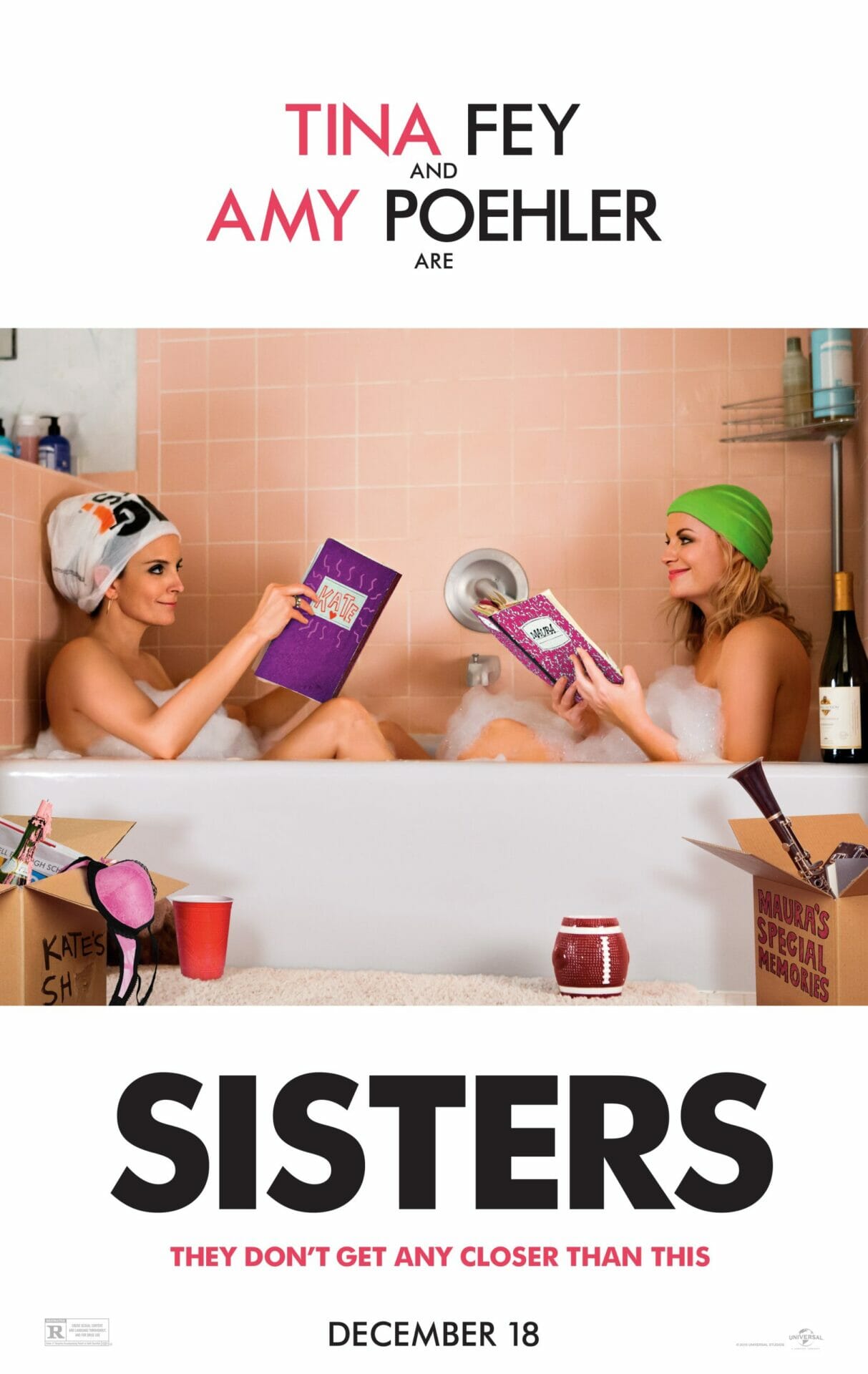 SISTERS
SISTERS TED 2
TED 2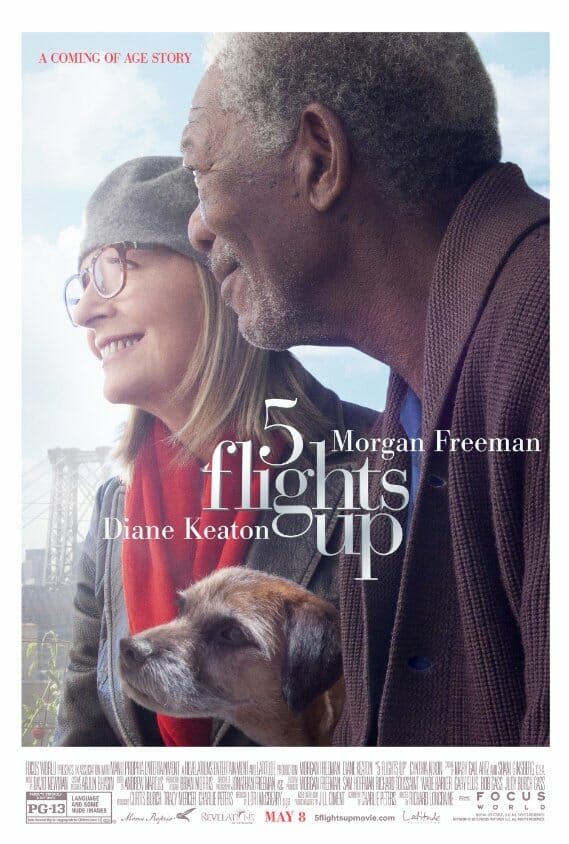 5 FLIGHTS UP
5 FLIGHTS UP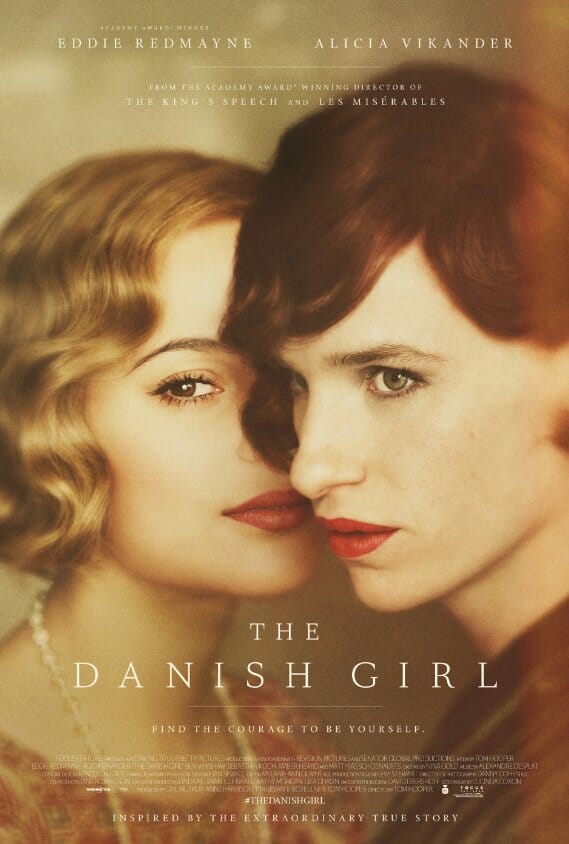 THE DANISH GIRL
THE DANISH GIRL A LITTLE CHAOS
A LITTLE CHAOS










